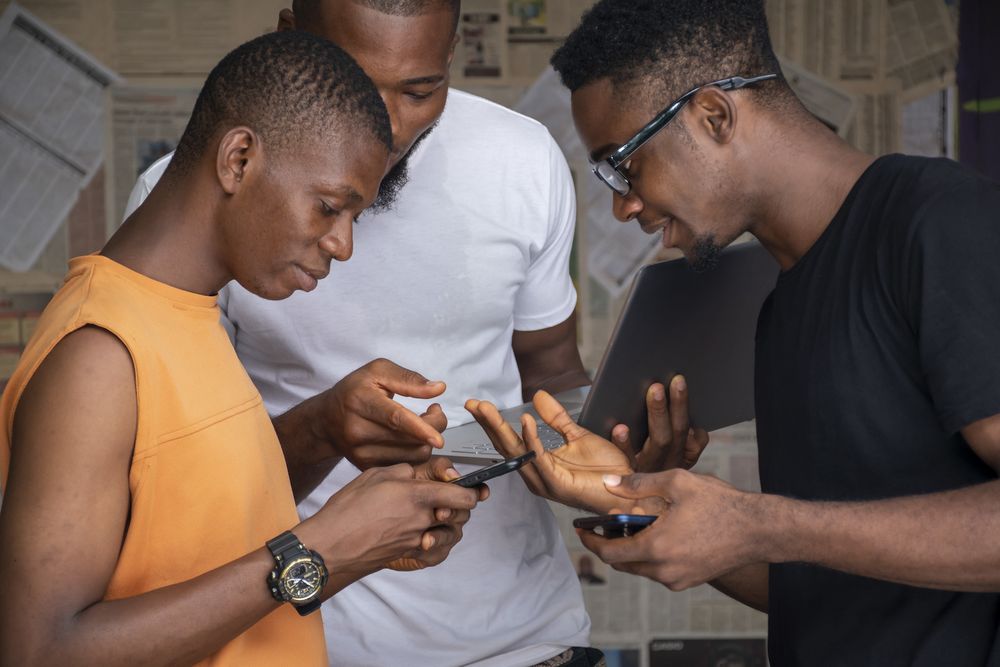How does this director of creative create the most memorable marketing content
According to Alex Wilson, Executive Creative Director at Amplify Making marketing content is just like making any other type of content: it's all about grabbing (and holding) the people's attention. "You are able to inform people through your lens through entertainment," adds Alex. "I find that most people do not mind being advertised or marketed to as long as they are enjoying it."
Amplify is a world-class creative company that specialises in marketing that is experiential, generating big-scale events and experiences for major brands such as Playstation, Netflix, Levi's, and many more. "We can bring creativity to life on all platforms," says Alex. "Historically we've been known as a more brand experience agency, but content was always the core of what we did."
We were able to sit down with Alex to hear more about the process of his creativity and perspectives on the current marketing landscape. Find out what he said in our conversation, or check out the video interview below.
Which is you North Star when it comes to creating video?
"Our goal is to entertain and inform. That's the main advantages that video media has. It allows you to do that with a captive viewership. In the end, whenever someone comes to us, perhaps wanting make use of this technology in order for something, we think about that moment as purely an individual scene, or canvas within a wider piece of narrative."
How can you ensure you're making something great? How do you stay on the right track?
"Audience, always. Whoever we're talking to is crucial. Are you speaking to them in the ways they want to be spoken to, in the ways they'd like to be talked to? It is important to begin with the audience and how you can best speak to them, and give them value. Don't interrupt the experience, but elevate it."
How do you know what type of content is appropriate for your particular client?
"Whether you're looking for an immersive TV show or a search for the largest person who is a fan of a particular show that's on Netflix, whether it's building the world of a smartphone and breaking the format for the retail space to be, or launching the newest shoe, the latest game. Everything we do starts with the viewer and eventually the concept of how to implement that concept through a variety of channels.
We do not always want to work to a specific outcome. Our briefs and clients often come to us with this and that's where the compromise, collaboration, and co-creation is derived from. is allowing you to find the best solution for them regardless of whether it was exactly what they believed it was initially."
How can you assess the effectiveness of your work?
"For us, it's about 'Did you tell the truth about that tale to the target audience we intended it for?' That's the only thing we have to be aware of. We deal with a variety of subcultures and cultures. We have an amazing strategic part of the agency which focuses on cultural. We've always, as an agency, remained very near to it.
We try to work with the individual rather than broadcasting to them. We invite their input to assist us in creating these experiences and contents together, in order so that it's an enjoyable experience for them as well as their fans. There's no clear answer about what success could be, however if we created content using a method that was accepted by the viewers it's a big gain for us."
What is the most helpful advice you've received?
"My chief creative director, Jeavon Smith, said I was told "Ignore the sound.' I think ignoring the noise is very valuable in a lot of contexts. It lets you concentrate upon what you're trying to accomplish and also what other people will be doing with your work and to move in a cohesive manner because there's plenty of noise that goes on."
What are you using it for ?
"Lots of people working in the studio as well as the agency use it in lots of ways. Inspiring is certainly one of the most popular. Finding new talents is a really good one to us. As for internal usage, we speak about our work in the end as a portfolio of work. In the event that we require an the source of what we have done here or how do we capture this in some way that allows us to go back and access this."
